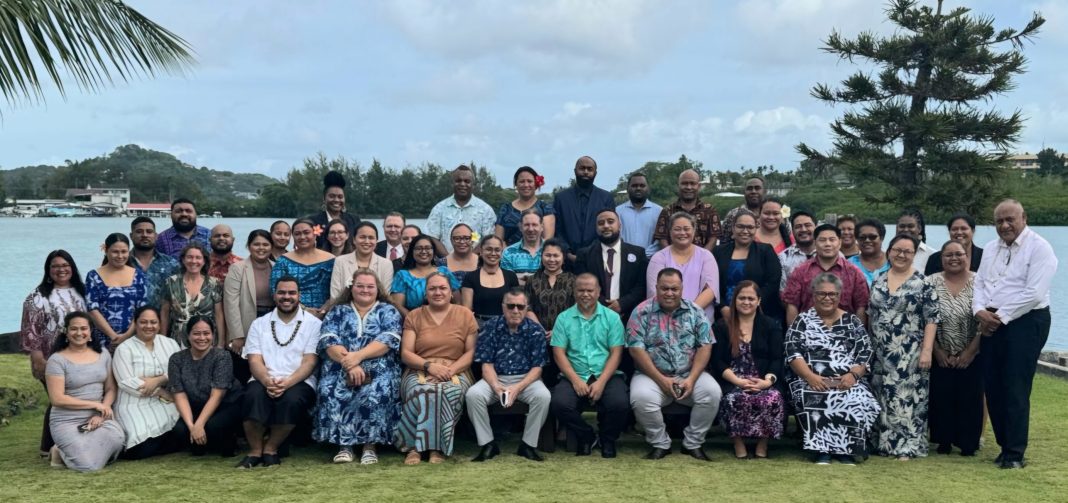Pacific Island representatives are meeting in Palau this week to coordinate their approach ahead of the first United Nations Preparatory Meeting on the Marine Biological Diversity of Areas Beyond National Jurisdiction (BBNJ) Treaty, set for April in New York.
Palau’s Minister of Agriculture, Fisheries, and Environment Steven Victor urged Pacific nations to stand together and ensure their priorities are reflected in the treaty.
“There’s no livable planet without healthy oceans,” Victor said. “We are running out of time to manage biodiversity beyond our borders. We must maintain solidarity and speak with one voice.”
Dr Filimon Manoni, commissioner for the Office of the Pacific Ocean Commissioner (OPOC), recognised Palau as the first country to ratify the BBNJ Treaty, followed by the Federated States of Micronesia and the Marshall Islands. He also acknowledged other Pacific nations, including Tonga, the Cook Islands, and Kiribati, which are in various stages of ratification.
“Palau has taken that initiative,” Manoni said, emphasising the region’s commitment to protecting the ocean.
“As Pacific countries, we demonstrate our dedication to ocean stewardship,” said Dr Manoni.
Tuvalu’s Permanent Representative to the United Nations, Dr Tapugao Falefou, who addressed the meeting via Zoom as chair of the Pacific Small Island Developing States (PSIDS), stressed the importance of preparation.
He highlighted what the Pacific region brings to the table at the first official BBNJ meeting since the treaty’s adoption two years ago.
The Pacific Regional Preparatory Meeting aims to ensure that island nations are well-prepared for negotiations.
Participants are reviewing past discussions, clarifying procedural matters, and strengthening their technical knowledge to advocate effectively for regional interests.
Key topics include securing financial mechanisms, improving governance structures, and ensuring the Pacific voice is unified. The meeting also focuses on strengthening cooperation among Pacific nations and global partners, as well as refining strategic recommendations to align with broader BBNJ objectives.
By working together, Pacific leaders aim to influence the treaty’s implementation in ways that protect their ocean resources and uphold their interests on the global stage.













